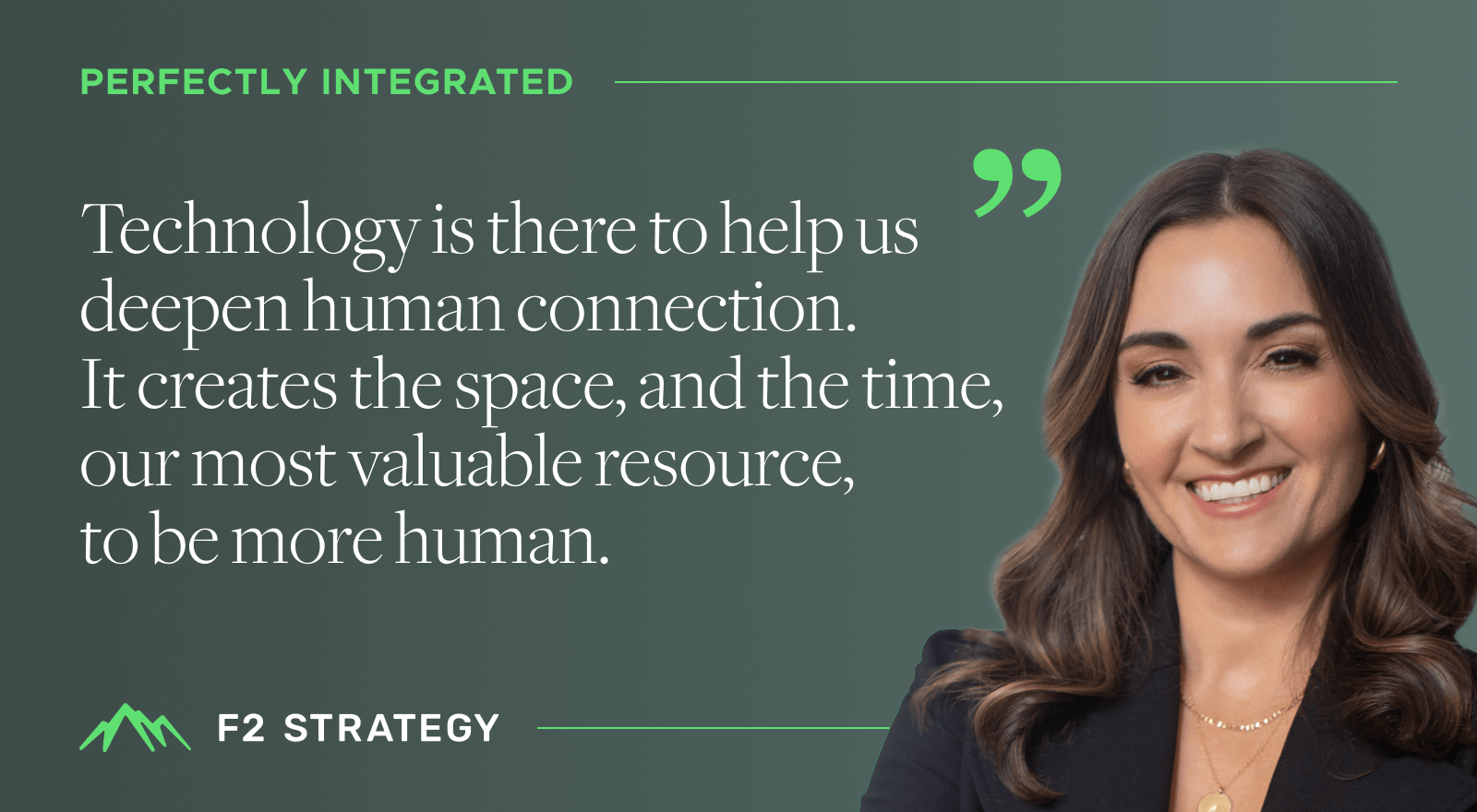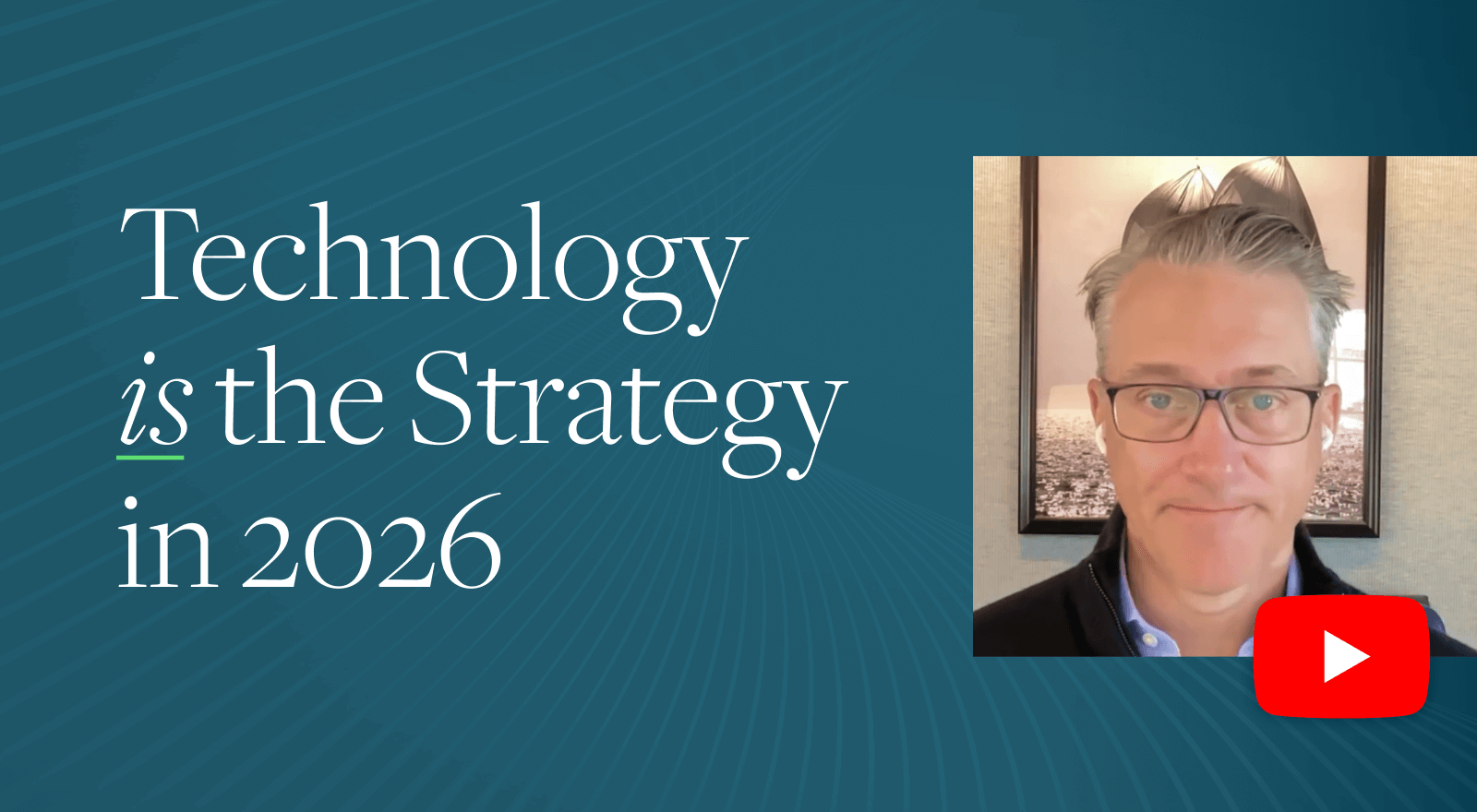The wealth management industry is nowhere near achieving the maximum value from its CRM systems. In 2022, F2 Strategy’s research study on CRMs revealed the industry’s deep dissatisfaction with CRMs. Given the importance of this tool to firms’ everyday business operations, F2 conducted new research to benchmark how wealth management firms perceive their CRMs now.
The results were mixed. While the numbers improved, the news is not good. CRM satisfaction is still low and wealth management firms struggle to find the right way to make this workhorse work in all the ways they need.
Perhaps the most eye-opening trend to emerge from the data was the large drop in the amount of firms tracking wallet share in just two years. Not using available capabilities to monitor business development activities could be one of the reasons why the industry’s average organic growth rate has also dropped. It means firms are not leveraging their CRM and data to its full potential and therefore missing opportunities to grow.
CRMs play a pivotal role in driving operational efficiency for business growth. To bridge the gap between firms’ expectations and the tool's reality, it is crucial to allocate resources for CRM configuration, customization, and day-to-day maintenance. While not every firm has made this commitment, it is a critical element for building a tool that drives operational efficiency and ensures strong organic growth, providing reassurance about the tool's effectiveness.
Here is a deeper look at five trends F2’s recent research uncovered and where we go from here:
Trend 1
Net Promoter Score Inches Up Since 2022 in Wealth Management Firm’s Satisfaction of CRMs
Sign up to get industry insights delivered directly to your inbox
Insights and Actionable Intel
- The percentage of firms searching for a new CRM dropped from 18% in 2020 to 6% in 2024, but the reasons why are unclear—are their workflows more mature and thus they are more satisfied? Or have they just given up on the tool? Or is it something else?
- The majority of firms use Salesforce and find it hard to build workflows. They often require skills beyond their in-house resources, which creates a need for additional resources to make Salesforce function according to the firm’s expectations.
- Firms that hire skilled individuals/teams to manage their CRM consistently experience greater success.
- Take Action: Spend time on data. CRM’s can only be as good as what goes into them—clean data will make the tool more successful overall.
Trend 2
Net Promoter Scores Regarding CRM Satisfaction Remain Stubbornly Low

Insights and Actionable Intel
- Despite slight improvements in CRM satisfaction over the past four years, the NPS numbers are still low.
- Since 2020, difficulties with integrations have decreased slightly, while frustration with customization and workflows have increased.
- A full third of those frustrated cite challenges in customizing the tool to their needs as a problem.
- Take Action: Balance the art of the possible with out-of-the-box solutions and determine the right amount of investment to achieve satisfaction.
Trend 3
More Integrations Lead to Higher Overall CRM Satisfaction

Insights and Actionable Intel
- The majority of integrations are operational, with marketing tools as a close second.
- Firms express the biggest frustration with integrating marketing automation tools.
- Adding integrations also adds cost, which might drive some firms to abandon the integration with CRM in search of a more complete out-of-the-box package.
- Take Action: Our survey has revealed two key areas for integration: operational efficiency and organic growth. It's easy to get lost in the myriads of integration opportunities. To stay focused, it's important to develop a comprehensive technology strategy and outline ideal client and advisor workflows. Keep in mind that operational integrations enhance efficiency, while marketing integrations drive growth.
Trend 4
Custodian Workflow Integration Top Wealth Management Firms’ Wishlists

Insights and Actionable Intel
- Wealth management firms want to use the same onboarding process for all custodians.
- Firms express concerns about reduction of NIGOs (Not in Good Order) and necessary duplicate data entry across multiple forms.
- Another pain point is managing RegBI and KYC compliance more effectively.
- Take Action: Single workflow for all custodians isn’t likely to come true. Custodians are not a pass-through service. From a regulation standpoint, they must have a level of ownership of the clients that impedes automation. In addition, there is no incentive for custodians to collaborate and create a single industry process.
Trend 5
Wallet Share Tracking Drops Significantly in Two Years

Insights and Actionable Intel
- Even as the amount of analytics products available and the number of firms with analytics capabilities for tracking business development activities significantly increases, the amount of firms tracking wallet share is decreasing.
- Given that fewer firms are tracking prospects’ activities, it’s little wonder organic growth is slowing across the industry.
- Wealth management firms are more likely to have operations teams than marketing and client experience teams, which prioritize operational activities within CRMs. If growth leaders gain more capabilities, we might see more satisfaction with CRMs overall.
- Take Action: This trend underscores the fact that the industry is not focused on things that lead to expanded growth, such as client touch points, quality of touchpoints, specific event reminders, wallet share, and client experience. You can always automate the next thing; it’s time to do the hard thinking about the client journey and experience.
F2 Strategy Survey Information: The data in this report is pulled from a survey conducted by F2 Strategy in June 2024. The survey includes responses from 66 leading RIAs, Wealth Management firms and Broker/Dealers representing $6.4 trillion in assets.


.png)


